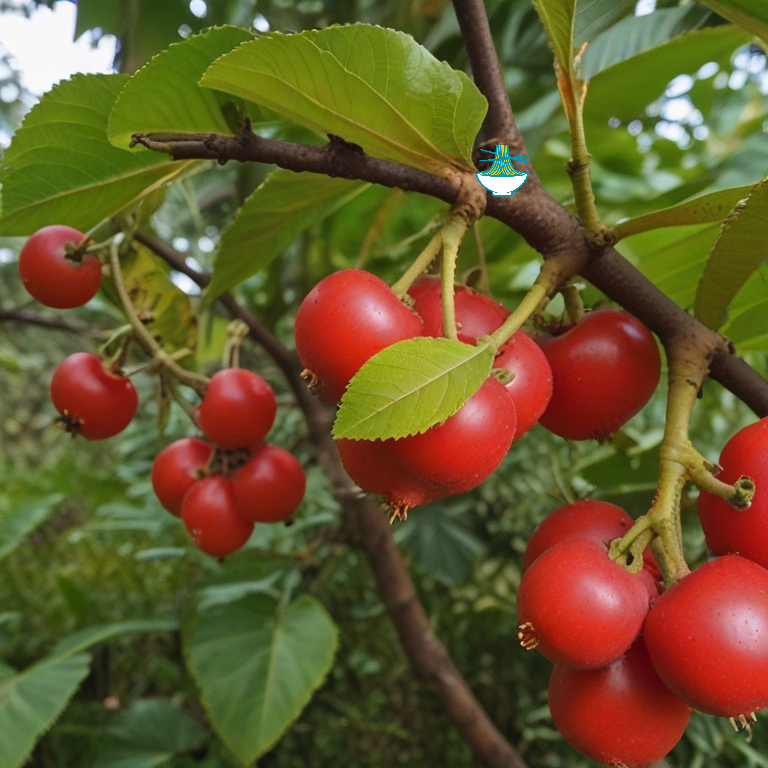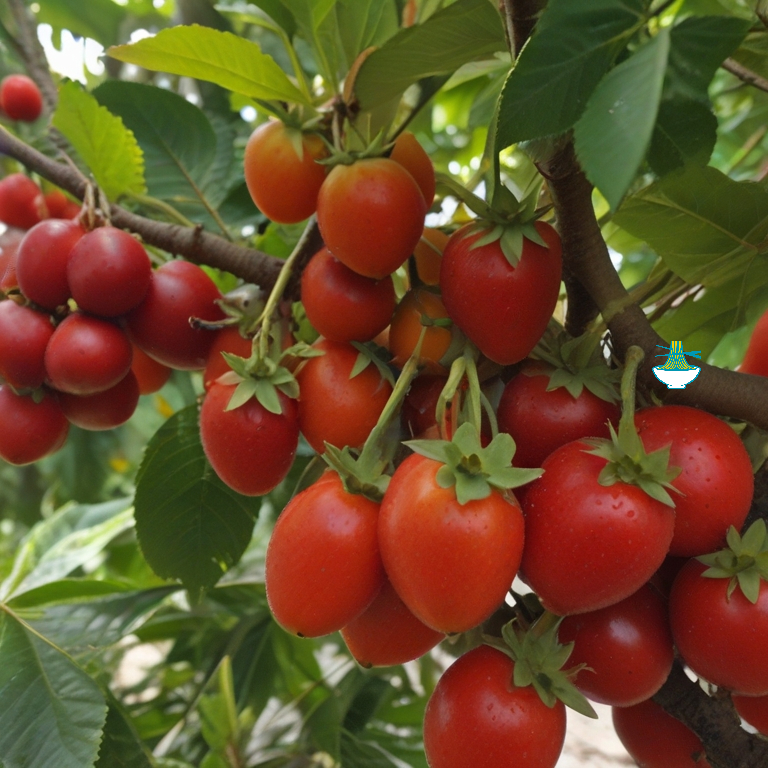Masau jam is a delightful preserve made from the wild Masau fruit, known for its sweet and tangy flavor. The fruit is commonly found in certain regions and has been traditionally used in jams and desserts due to its rich taste and nutritional value.
The history of Masau jam traces back to the indigenous communities who harvested and utilized the fruit for generations. It has long been a part of local culinary traditions, offering a unique taste that captures the essence of the wild.
This recipe preserves the natural goodness of Masau fruit, turning it into a delicious spread that can be enjoyed on toast, paired with cheeses, or used as a topping for desserts like ice cream or yogurt. With simple ingredients and a straightforward preparation method, making Masau jam at home allows you to savor the flavors of this wild fruit in a delightful way.
Ingredients:
- 1 kg fresh Masau fruit
- 500g granulated sugar
- Juice of 1 lemon
Method of Preparation:
1. Wash the Masau fruit thoroughly and remove any stems or debris.
2. Place the fruit in a large pot and add enough water to cover them.
3. Boil the fruit until they become soft and the skins start to split (about 20-30 minutes).
4. Remove the fruit from the heat and let it cool slightly.
5. Mash the fruit using a potato masher or fork until it forms a chunky pulp.
6. Strain the pulp through a fine-mesh sieve to remove any seeds and skins.
7. Return the strained pulp to the pot and add sugar and lemon juice.
8. Cook the mixture over medium heat, stirring constantly, until it thickens to a jam-like consistency (about 20-30 minutes).
9. Remove from heat and let it cool before transferring it to sterilized jars.
Nutrition Value:
1. 1 kg fresh Masau fruit:
- Calories: Approximately 300 kcal
- Carbohydrates: Around 80g
- Protein: About 3g
- Fat: Less than 1g
- Sodium: Negligible amount
- Cholesterol: None
- Vitamins and Minerals: Rich in Vitamin C, Vitamin A, potassium, magnesium, and iron.
- Nutritional Benefits: Masau fruit is high in antioxidants, particularly Vitamin C, which boosts the immune system and helps in collagen production. It also contains Vitamin A for vision health, potassium for heart health, magnesium for muscle function, and iron for blood circulation.
2. 500g granulated sugar:
- Calories: Approximately 2000 kcal
- Carbohydrates: About 500g
- Protein: None
- Fat: None
- Sodium: Negligible amount
- Cholesterol: None
- Nutritional Benefits: Sugar provides energy in the form of simple carbohydrates. However, excessive consumption can contribute to health issues like weight gain and dental problems.
3. Juice of 1 lemon:
- Calories: Around 10 kcal
- Carbohydrates: About 3g
- Protein: Less than 1g
- Fat: None
- Sodium: Very low
- Cholesterol: None
- Vitamins and Minerals: High in Vitamin C, Vitamin B6, potassium, and folate.
- Nutritional Benefits: Lemon juice is a good source of Vitamin C, which supports immune function, skin health, and iron absorption. It also provides small amounts of other vitamins and minerals essential for overall well-being.


Comments